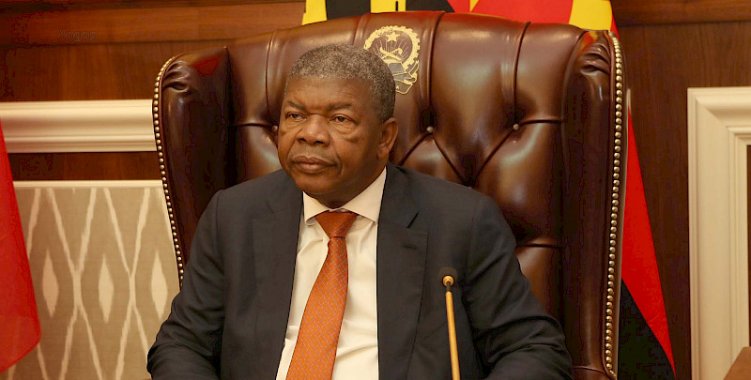João Lourenço was speaking at a press conference, after a meeting with the Portuguese Prime Minister, Luís Montenegro, who began, this Tuesday, a three-day visit to Angola.
Asked about the topic of historical reparations, which was initially raised by his Portuguese counterpart, Marcelo Rebelo de Sousa, the chief executive said that the issue was not raised during the country's 49 years of independence and will not be raised "ever", comparing the subject to borders that "were changing".
"This issue is a bit like the borders between countries, this issue, if it is raised today, brings a lot of discussion and no solution, because the borders between countries have changed over the centuries", said the head of state, recalling that Angola was once the Kingdom of Congo.
"Now imagine that Angola came with the intention of restoring the old Kingdom of Congo (...) it only creates conflicts, I compare this to the issue of compensation", he reinforced.
Furthermore, he added, "colonizing countries would never have the real capacity to make reparations at fair value. It is impossible".
On the other hand, a lot of things would have to be "changed", since the issue not only involves Portugal, but also involves other colonizing powers such as England, France, Belgium or Spain and "this would lead to an unimaginable revolution".
"On Angola's part, just as we have never raised this issue, we think we will not raise it in the future", he reinforced.
Luís Montenegro, who was not directly questioned by the journalist who addressed the question to João Lourenço, simply stated that he had nothing to add to these statements.
The President of the Portuguese Republic, Marcelo Rebelo de Sousa, defended, in April, that Portugal must lead the process of assuming and repairing the consequences of the period of colonialism and suggested debt forgiveness, cooperation and financing as an example.
The PSD/CDS-PP Government led by social democrat Luís Montenegro stated that "there was and is not in question any process or program of specific actions with the purpose" of reparation for the Portuguese colonial past and that it will be guided by "the same line" of previous executives.







